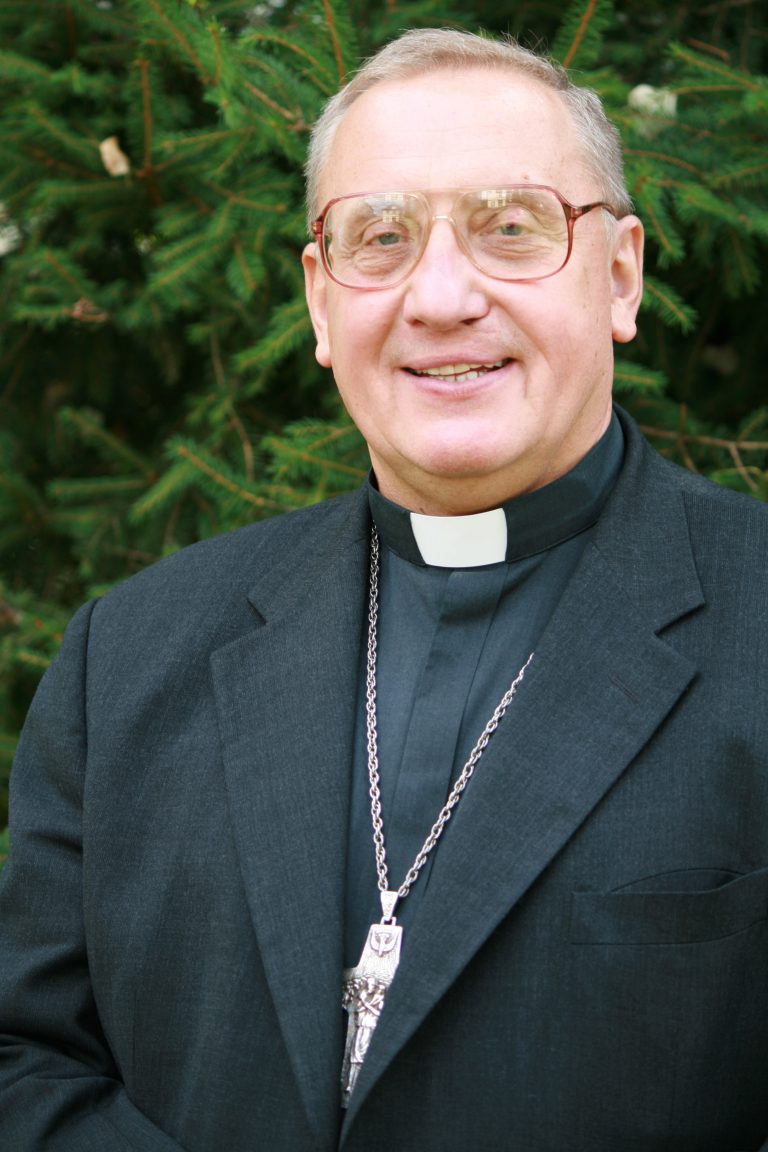BELARUS: ‘The Catholic Church is not demanding any privileges – only its rights.’

A leading bishop in Belarus has spoken out against numerous violations of the Catholic Church’s rights in the country.
Archbishop Tadeusz Kondrusiewicz of Minsk-Mohilev slammed authorities for clamping down on foreign priests, refusing to return churches and interfering in religious education.
In a letter sent to Catholic charity Aid to the Church in Need, Archbishop Kondrusiewicz called for the concordat between the Belarus state and the Catholic Church to be signed. Despite discussions beginning in 2008 no agreement has been ratified.
The archbishop said that in calling for the concordat’s ratification the Church was not demanding “any privileges, but an acknowledgement of its rights in order to be able to adequately carry out its work.”
Archbishop Kondrusiewicz described how foreign priests have experienced problems with residence permits – and newly arrived priests have to undergo a lengthy approval process before being allowed to celebrate Mass.
He said: “They are often issued a visa for only three to six months” adding that priests often encounter administrative difficulties when trying to renew them.
The prelate said: “That is not conducive to doing any sort of real work as a priest – and the pastoral work with believers and youth formation are suffering from it.”
The archbishop told ACN that a growing number of foreign priests had been deported under the pretext of minor offences, such as speeding.
He said: “For some unknown reason, Belarus is afraid of foreign priests.
“But how many church buildings have been and are being built to serve believers in Belarus – and all thanks to the efforts of these foreign priests.
“These priests come to proclaim the Word of God in places where there are no local priests. How many pastoral and social programmes have they launched?”
Over the past 25 years the number of native Belarussian clerics has grown from 60 to 400, but Archbishop Kondrusiewicz stressed that the work of foreign priests remains “indispensable”.
Archbishop Kondrusiewicz also told ACN that churches seized during Soviet times have still not been returned.
He said: “They are our cultural heritage. Tourists and pilgrims are more likely to come here to look at these churches than the modern buildings with their often tasteless architecture.”
The archbishop mentioned one eighteenth-century church in his archdiocese that, after being confiscated by the authorities, was was renovated by the Catholic Church with its own funds after the end of Communism.
But ownership has not been returned to the parish – and they have to rent the building from the authorities.
“Where is the justice?” he asked, calling for restitution laws like those in several other eastern European countries.
The archbishop was also “very concerned” about state attempts to influence teaching materials used in the Church’s Sunday School programme.
He said: “This is just interference in the internal matters of the Church and is not reconcilable with religious freedom and the freedom of conscience and of religious organisations.”
Last year, Aid to the Church in Need supported the Catholic Church in Belarus with more than £700,000.
